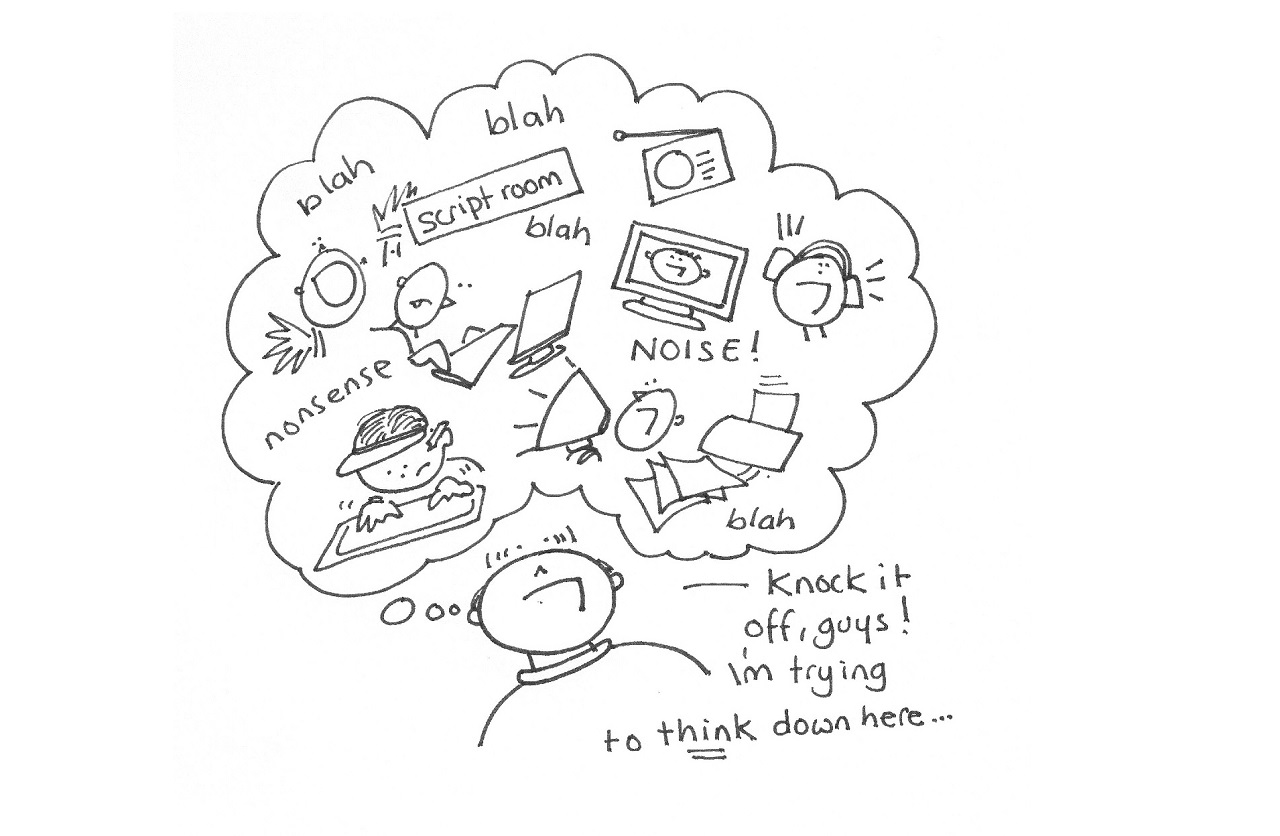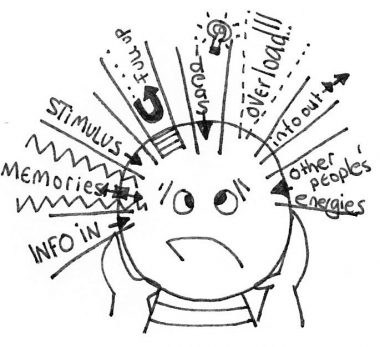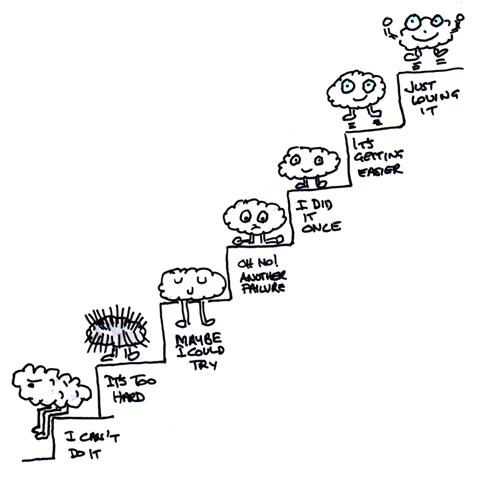For years, letters moving on the page when trying to read has been associated with Dyslexia. So inventive people have come up with using coloured paper, trying coloured overlays or wearing coloured glasses. All of these can be highly successful reasonable adjustments, but there are a couple of things worth noting:
- These only address the problem of looking at written words. To become fluent readers in the English language, we have to visually recognise words through images in our Visual Word Form Area (VWFA). If these letters and words do not stay still in our VWFA, where we keep mental images of words, then coloured overlays etc won’t help. In addition, people find they need to change the colour over time, so overlays etc are great “Elastoplast” but do not get to the source of the problem by only dealing with external eyesight.
- I recall seeing research about letters moving faster when the student was more stressed. So at Empowering Learning we focused on un-stressing the students, and the letters stopped moving instantly, as if by magic. The techniques we use for reducing stress are:
- gentle nasal breathing in and out through your nose, right down into your belly, to enable relaxation
- teaching the student how to get grounded, fully connected to the earth
- use Emotional Freedom (EFT) techniques to overcome specific fight and flight responses.
- as mentioned in a previous blog no 87, we have found that one of the most effective reasonable adjustments is to not to look down whenever possible.
- All of these are simple to teach, will benefit every child in the classroom and are FREE.
For more information, here is the list of our classes to help support visual thinkers, and they are currently free for anyone to join in. Please share with your friends.
There will be another Blog tomorrow on more reasonable adjustments, stay tuned.
Monday 13th May 8pm or Monday 3rd June at 9:30am Mathematics and numeracy – How to better use your visual skills for all aspects of Maths. Click here to book for free
Tuesday 14th May 8pm or Tuesday 4th June at 9:30am: Clearing Energy when Exhausted – For those who are lacking energy and would like some skills to improve their energy banks. Click here to book for free
Monday 20th May 9:30am: Exploring Mental Pictures, for those who feel they are not as creative as they used to be. Come and explore with us. Click here to book for free.
Tuesday 21st May at 9:30am : Neurodivergent Strengths and Challenges – there are many neurodivergent strengths that are well worth exploring to give you different perspectives on neurodiversity. Click here to book for free
Monday 27th May at 9:30am: Easy Literacy for Dyslexia: Learn the vital skill of visualising words for reduced anxiety and developing fluent spelling and reading. Click here to book for free
Tuesday 28th May at 9:30am: Thriving with ADHD: Many tips to learn about improving ADHD for your child and you without medication. Click here to book for free

To explore more of the tips and tricks we have for neurodivergent children and adults, do click here. There is even a free introductory video there
My name is Olive Hickmott, I am a health and learning coach, specializing in working with neurodivergent students. I would be pleased to support you in any way I can.
You are welcome to contact me olive@empoweringlearning.co.uk
Here you will find my learning platform for some of my training programmes and free live webinars www.visualkids.co.uk
You will find other useful information and Practitioner Training at http://www.empoweringlearning.co.uk
Here is my YouTube channel for more free resources: https://www.youtube.com/c/OliveHickmott
My latest books are:
The Elephants in the Classroom: using every student’s natural power of Mental Imagery to enhance learning: Neurodiversity through the lens of mental Imagery.
Bridges to Success – How to transform Learning Difficulties
#olivehickmott #visualthinking #empoweringlearning #neurodivergent #mentalimagery #visual-spatial-learners #neurodivergenttoolkit #Dyslexia #ADHD #Creatingmentalimages #memory, #creativity #mentalimages #phonics #colouredoverlays











